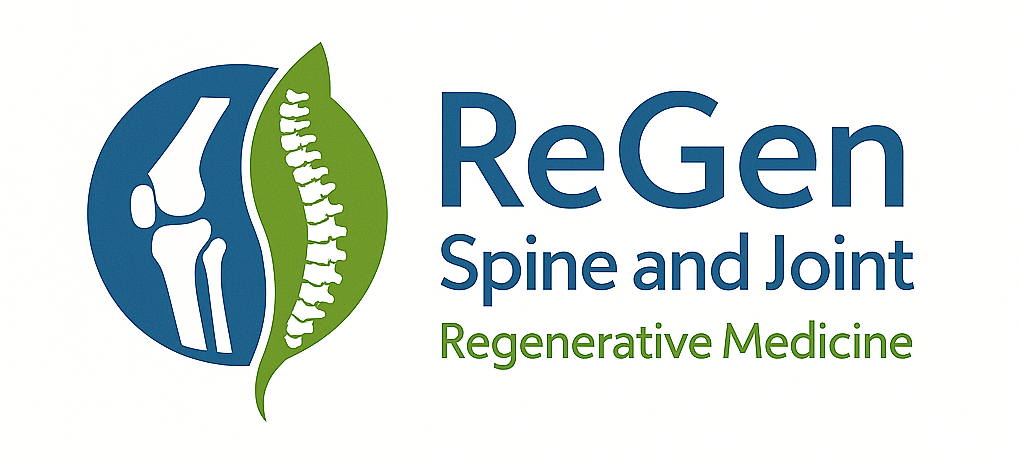Pain Assessment
Understanding your pain is the first step toward effective treatment and lasting relief.
Why Pain Assessment Matters
At ReGen Spine and Joint, we believe that effective pain management begins with a thorough understanding of your unique pain experience. Our comprehensive pain assessment helps us:
- Identify the root cause of your pain, not just treat the symptoms
- Measure pain objectively to track your progress throughout treatment
- Develop targeted treatment plans that address your specific pain patterns
Our pain scale is just one of many tools we use to understand your pain experience. During your consultation, we'll also discuss the quality, location, timing, and factors that influence your pain to create a complete picture.
Pain Assessment Scale
Please use this scale to help us understand your pain level during assessment and treatment
Describing Your Pain
Location
Where is your pain located? Is it in one specific area, or does it radiate or spread to other parts of your body?
"My pain starts in my lower back and radiates down my right leg to my foot."
Quality
How would you describe the sensation? Is it sharp, dull, burning, throbbing, stabbing, aching, or something else?
"I feel a sharp, stabbing pain when I move, and a dull ache when I'm sitting still."
Timing
When did your pain start? Is it constant or intermittent? Does it occur at specific times of day or during certain activities?
"The pain started three weeks ago. It's worse in the morning and after sitting for long periods."
Severity
How intense is your pain on a scale from 0-10? How does it affect your daily activities, sleep, and quality of life?
"My pain is usually a 4/10, but can spike to 7/10 when I bend over. It prevents me from exercising."
Aggravating Factors
What makes your pain worse? Specific movements, positions, activities, stress, or weather changes?
"My pain gets worse when I bend forward, lift heavy objects, or sit for more than 30 minutes."
Relieving Factors
What makes your pain better? Rest, ice, heat, specific positions, medications, or other interventions?
"Lying down with a pillow under my knees helps. Heat provides temporary relief, and walking sometimes helps too."
